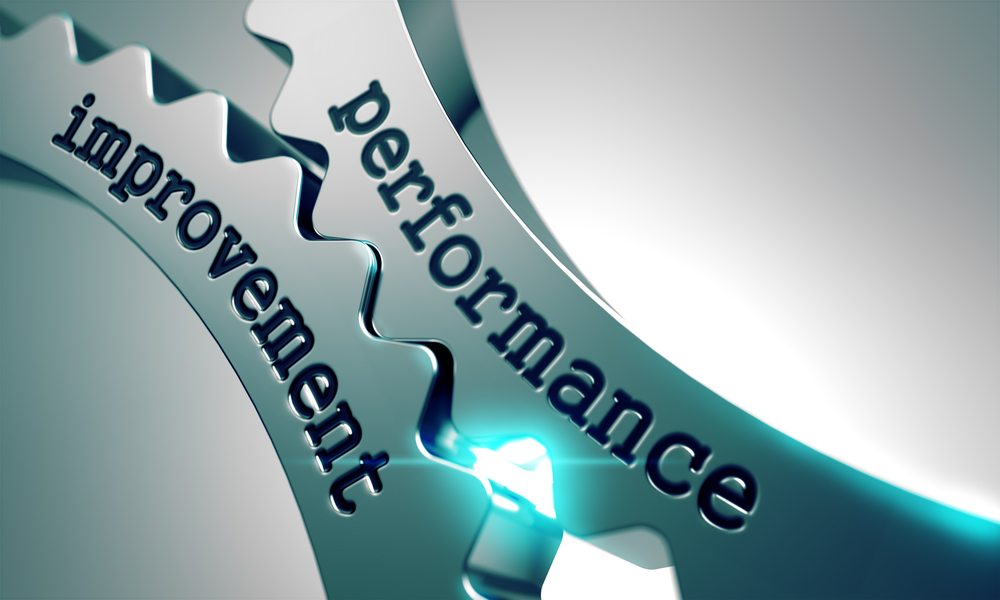Types of ERP System Deployments: How to Choose the Right Enterprise Resource Planning Solution
Enterprise Resource Planning (ERP) systems are no longer just tools for industry giants—they’ve become the backbone of operational efficiency for...

Recently this financial transaction hit the news wires. This information was not earth-shattering; even mundane in fact. But you may have found it notable if Aptean owns the ERP you have been using to operate your business for the last 20 years; as it is now relegated to an asset in a financial transaction.
At times, industry leaders such as Mapics, Syteline, Made2Manage, Epicor, and others have become targets for either acquisitions or companies looking for a financial lifeline. Within the ERP industry, there has been a transformation in the ownership model for some time. Products that were once clearly identified have become just one in a portfolio of products owned by an investment firm. The cost of keeping up with advances in both technology and functionality became too expensive to cope with while still supporting an existing base on a legacy product. It is no easy feat to move a complex product with a large installed base to a new technology while offering a smooth transition for the existing customer, so most have not even tried.
What’s the strategy for the new owners of these products? It seems to be to accumulate as many customers as they can (while limiting the investment for support to the bare minimum to comply with technology) and to collect support payments for a long as possible.
If you use one of these systems, you should worry about the potential of your ERP being at the end of its life. The reality is that once the ERP developer stops actively marketing the product, the shades are going down on further development and priority maintenance.
This is a harder reality for companies with a successful history using a legacy system. If things are working, why wouldn’t you do everything possible to keep the product? Unfortunately, this puts you at risk with a false sense of security and a less than efficient ERP system with minimal support
If your ERP has been acquired, then whether you are aware of it or not, you’ve gone from paying support to get both a helpline and new functionality, to simply renting the software on an annual agreement.
And, while workarounds can be effective for a while if done well, you are only postponing the inevitable and actually doing your company a disservice. On the surface, your IT costs may appear to be stable and the system will appear to support the business, but there is a giant iceberg looming in the future: the cost of the status quo.
You may be trying to both prevent disruption and keep costs lower. The reality is, in fact, that costs have also grown exponentially to keep this status quo. If this is your company, be warned that this not only hurts your bottom line, it hurts your ability to change and grow with consumer demand, which ultimately also hurts your bottom line.
One of the services we offer at KnowledgePath is an assessment to determine the state of your current ERP. This identifies opportunities for improvement as well as the risks of maintaining your status quo, the costs of an appropriate ERP project, and your return on investment.
If your ERP has been acquired since you made the initial purchase, it is important to understand what that means for system upgrades and support. Even if you have no immediate plans to replace your system, you can avoid hitting the iceberg if you stay informed and plan now for the future of your company.
.png)
Enterprise Resource Planning (ERP) systems are no longer just tools for industry giants—they’ve become the backbone of operational efficiency for...

In the fast-paced world of technology, businesses often find themselves juggling between legacy software and homegrown solutions to meet their...

There are many reasons that a company chooses its enterprise resource planning (ERP) system from improving efficiency to streamlining operations.